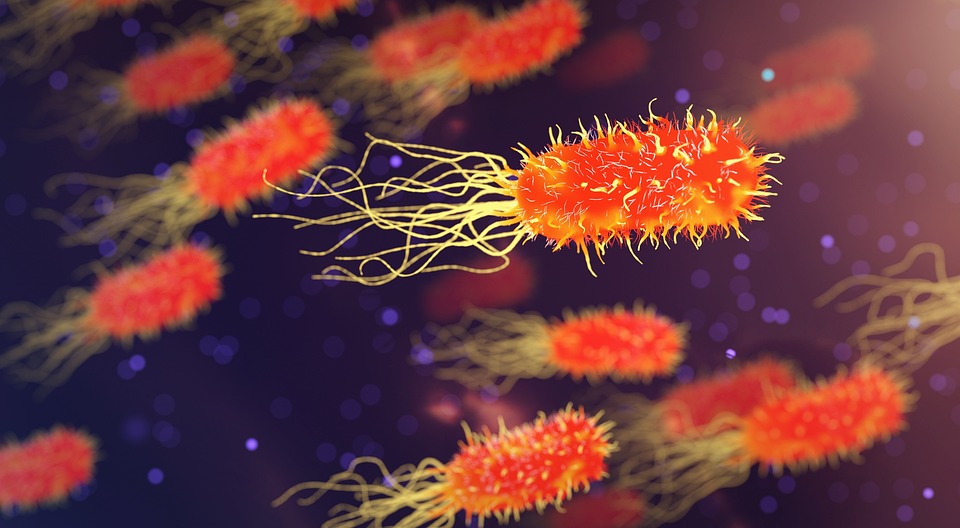
Vermicomposting is the process of converting organic waste materials into nutrient-rich compost using earthworms. The use of earthworms in composting has gained popularity due to the numerous advantages associated with it. However, like any other technology, it also has some limitations. In this article, we will explore the advantages and limitations of using earthworms for vermicomposting.
Advantages of using earthworms for vermicomposting
High-quality compost production: Earthworms are capable of breaking down organic waste materials into a nutrient-rich compost, which is high in essential plant nutrients such as nitrogen, phosphorus, and potassium. The compost produced by earthworms is also high in microorganisms, which are beneficial for plant growth.
Faster composting process: Compared to traditional composting methods, vermicomposting is a faster process. Earthworms can consume organic waste materials and produce compost within a few weeks. This means that more compost can be produced in a shorter period, making vermicomposting an efficient and productive method of composting.
Reduction in waste volume: Vermicomposting can reduce the volume of organic waste materials, which would otherwise take up space in landfills. This is an eco-friendly way of managing waste and reducing the carbon footprint.
Low odor: Vermicomposting produces little or no odor, making it an ideal method for composting in urban areas. This is because the earthworms consume the organic waste materials and produce a nutrient-rich compost without producing any foul odor.
Low maintenance: Vermicomposting requires very little maintenance. Once the earthworms are introduced to the organic waste materials, they require little or no attention. This makes vermicomposting a low-maintenance method of composting.
Enhances soil fertility: The compost produced by vermicomposting is rich in essential plant nutrients and microorganisms that help to enhance soil fertility. This means that plants grown in soil enriched with vermicompost are healthier and more productive.
Limitations of using earthworms for vermicomposting
Temperature sensitivity: Earthworms are sensitive to temperature fluctuations, and their activity level decreases when the temperature drops below 10°C or rises above 30°C. This means that vermicomposting may not be a suitable method of composting in areas with extreme temperatures.
Moisture level: Earthworms require a specific moisture level to survive and thrive. If the moisture level is too high, the organic waste materials may become waterlogged, and the earthworms may drown. On the other hand, if the moisture level is too low, the earthworms may die of dehydration. Maintaining the right moisture level is crucial for successful vermicomposting.
Type of organic waste materials: Earthworms can consume a wide range of organic waste materials, including food waste, yard waste, and paper waste. However, some organic waste materials, such as meat and dairy products, are not suitable for vermicomposting as they can attract pests and produce foul odor.
Space requirements: Vermicomposting requires space to accommodate the earthworms and the organic waste materials. This may be a limitation for those living in small apartments or urban areas with limited space.
Initial investment: Starting a vermicomposting system requires an initial investment in earthworms, bedding materials, and containers. This may be a limitation for those who are on a tight budget.
Conclusion
In conclusion, the use of earthworms for vermicomposting has numerous advantages, including high-quality compost production, faster composting process, reduction in waste volume, low odor, low maintenance, and enhanced soil fertility. However, there are also some limitations, including temperature sensitivity, moisture level, type of organic waste materials, space requirements, and initial investment. It is important to consider these limitations when deciding if vermicomposting is a suitable method for composting in a specific situation.
To overcome some of these limitations, it is essential to ensure the right conditions for earthworms to thrive. This includes providing suitable bedding materials such as shredded newspaper or cardboard, maintaining the right moisture level, and avoiding feeding the worms with unsuitable organic waste materials such as meat and dairy products.
In conclusion, the advantages of using earthworms for vermicomposting outweigh the limitations. Vermicomposting is a sustainable and eco-friendly method of managing organic waste materials while producing nutrient-rich compost that enhances soil fertility. With the right conditions, vermicomposting can be a viable option for composting in a variety of situations, from small-scale backyard systems to large-scale commercial operations.







